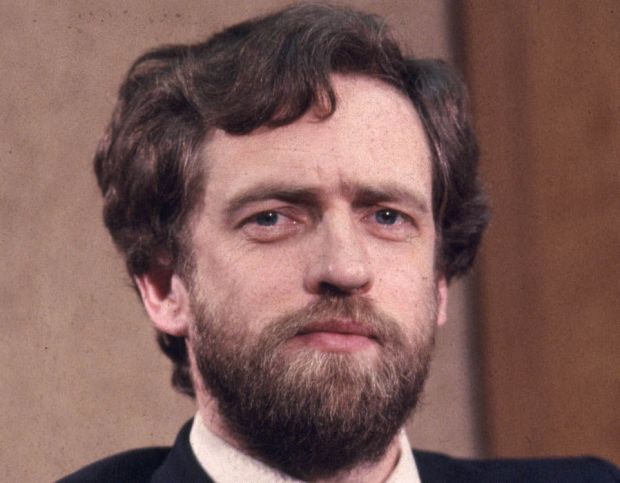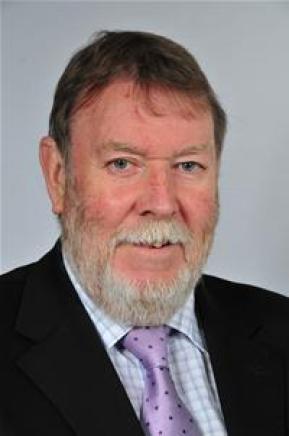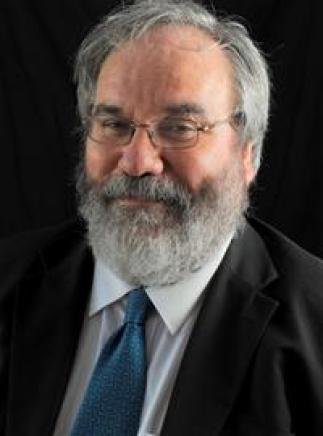
Jackie Walker of Momentum Thanet threw a political hand grenade into the international women’s festival at the Turner Contemporary last week.
Jackie, local organiser of the Corbyn support group, was speaking at the first event in the newly established Power of Women Thanet festival.
While other speakers stressed the importance of personal effort for women to succeed in a male world, Jackie told a packed audience that it was only political change which would make a real difference to the position of women.
She said: “The child who died on Turkish shores, washed up like so much detritus, the more than 600 unaccompanied refugee children freezing tonight under tents not far from here, being treated as if they are of no concern, have no choice in what happens to them.”
Jackie spoke of her mother who was “part of Martin Luther King civil rights movement in America, who was beaten and tortured and called a communist because of her activism and her refusal to be be oppressed.”
“It was her courage in becoming a migrant that brought me to Britain,” she said. “And today when we celebrate the achievement of women across the globe I applaud and honor the struggles of migrant women everywhere who strive in often awful conditions … every minute of their day to give their families the life of their dreams.”
For the full text of Jackie’s speech see below.
WHAT FUTURE FOR GIRLS?
This is the text of a presentation given by Momentum Thanet organiser JACKIE WALKER at the Turner Contemporary in Margate as a speaker on a panel invited to take part in the Power of Women Thanet event in March 2016
I have to say, and with all respect, that I must disagree with much of what the previous speakers have said [about success being centred around individual effort and confidence].
We like to think we are a country of animal and children lovers, but are we?
The child who died on Turkish shores, washed up like so much detritus, the more than 600 unaccompanied refugee children freezing tonight under tents not far from here, being treated as if they are of no concern, have no choice in what happens to them.
Recently there’s been, in my opinion, too much focus on personal, individual development, personal volition.
So we see attendance at personal therapies, at gyms, self-awareness courses going up, while, until very recently, interest in politics, taking action, and reaction in solidarity with others has been out of fashion.
If you do well or badly, it’s all about the individual.
Now I think there’s a whole lot of people who have power (the establishment) who just love it that we think way … and that’s one of the things I want to change.
I’m on this panel because I’m active politically both in Thanet and nationally. I’m an active member of the Labour party, I’m the vice Chair of Momentum, I’m the Organiser of Momentum Thanet and I’m active in anti racist organisations locally.
I’m also here because I’m a writer and in 2008 I sold a memoir at auction for enough money to change my life ….. not enough to never work again, but enough to give me a breather, to think what I really wanted to do with the at least 30 years of active life … which will bring me till I’m at least 92.
My slot is called politics and change –I know for some people the two are not synonymous. I know the level of cynicism about politics and I get it, I really do. But I’m going to tell you why for me politics is the way to change things.
There’s no point being involved in politics unless you want to change things – a lot. And I do.
So when I’m talking about politics and why I do it, what I’m really talking about is how my life experience has made me know, not think, that we need fundamental change in how we do things if we want to make all our lives better.
As we used to say in what youngsters now call the “olden days”, the personal for me is very much the political, and I live it, and have lived the political, every day of my life.
I’m going to tell you something of my story.
Like all of us and our histories – we used to say “herstories” – we are the product of not just our own lives but of many other lives before us, people we know and don’t know. People related to us by blood, by culture, by circumstance – and not.
So on this International Women’s Day I want to pay tribute to the women of my family who fought and died to survive the kidnappers and the slaving ships, the whip, the slave masters and the hangman. I pay tribute to the women (and men) who fought and died for the emancipation of slaves.
This emancipation was not solely achieved by Wilberforce and a nice tidy vote in parliament by the way – real change never works like that. It takes action, and the emancipation would never have happened without the sacrifice of men and women, some white but mostly black, many who gave up their lives and wellbeing to the cause.
I want to pay tribute to my mother who migrated across three continents, who was part of Martin Luther King civil rights movement in America, who was beaten and tortured and called a communist because of her activism and her refusal to be be oppressed.
It was her courage in becoming a migrant that brought me to Britain.
She saw Britain, like others from the Caribbean of her generation, as a sort of promised land because she, like King, she had a dream, and like every migrant her dream was about what she wanted the lives of all children, of her children, and her children’s children, to be. I still have that dream.
And today when we celebrate the achievement of women across the globe I applaud and honor the struggles of migrant women everywhere who strive in often awful conditions, in better conditions, and even for the lucky ones in good conditions, every minute of their day to give their families the life of their dreams.
Now like King my mother never did get to that promised land, she didn’t get to see what we achieved.
My mother died when I was 11, and at that time we were like many migrants, hopelessly poor, but she gave me that vision, and I used that to get to where I wanted to be – part of that age-long struggle for equality and justice.
After she died I was taken into a children’s home and, to cut a long story short, started to share my life with the kind of children that no one – including at times their own parents – wanted. That’s the brutal truth of how it was and how it still is.
I left care, got a job, put myself through university, became a teacher and worked for 10 years in schools in the poorest area in London.
You may be able to able to imagine the deprivation of the lives of these children but the cruelty many of my students faced – inside and outside of their homes – even now I still find barely believable.
After a while I moved to Dorset, became an adviser working on equalities, on development, I became a specialist on anti-racist work in majority white communities – all very good preparation for living in Thanet!
I worked with bigots, with racists, with churches and charities. I worked on projects with maladjusted young people, in public schools with the financial and class elite and their children, with local communities, with the police, in prisons, with sex offenders and murderers.
I worked with 14 year olds who had murdered their parents and with the brightest person I – and the educational psychologist who tested him – had ever met, who spent the first three years of his life locked in a cupboard underneath the stairs and, let me say, this child was so damaged by what society had done to him, it was a success in anyone’s terms that he survived to breath. But I have to say, there was good and bad in them all, all the people I’ve worked with.
But what I saw, what I heard, simply reinforced the shocking truth of my own life experience – that it’s not a coincidence that our prisons are full of the poor, of the mentally ill, of ethnic minorities and the socially maimed, and that the middle class are not born better than others.
We make societies failures. We are all responsible for those people who “fail”. After that – knowing that – given what I had experienced, what could I do but become political.
Now I can hear some of you saying, “but politics never changed anything”. I would just say, tell that to the women who campaigned and died for the vote, to the women campaigning to change the enslaving laws on marriage in the 19th century, to the labour movement women campaigning for paid holidays, for maternity leave and protection against the exploitation of child labour.
Tell it to women campaigning for the right to choose, for the right to equal pay, for protection from violence, for child care provision ….. I could go on.
It’s simple.
I want the world to be a better place for my children … that’s what I care about. But what I know is, if I don’t fight for your children too, if your kids turn our mad or bad or blue (not in the political sense), my kids can’t be really all right unless yours are too.
Yes – politics is a blunt tool, it’s a misshapen tool but it’s the one we’ve got to make that kind of real social change happen.
Making the change? It’s not up to “girls” it’s up to me and you!





